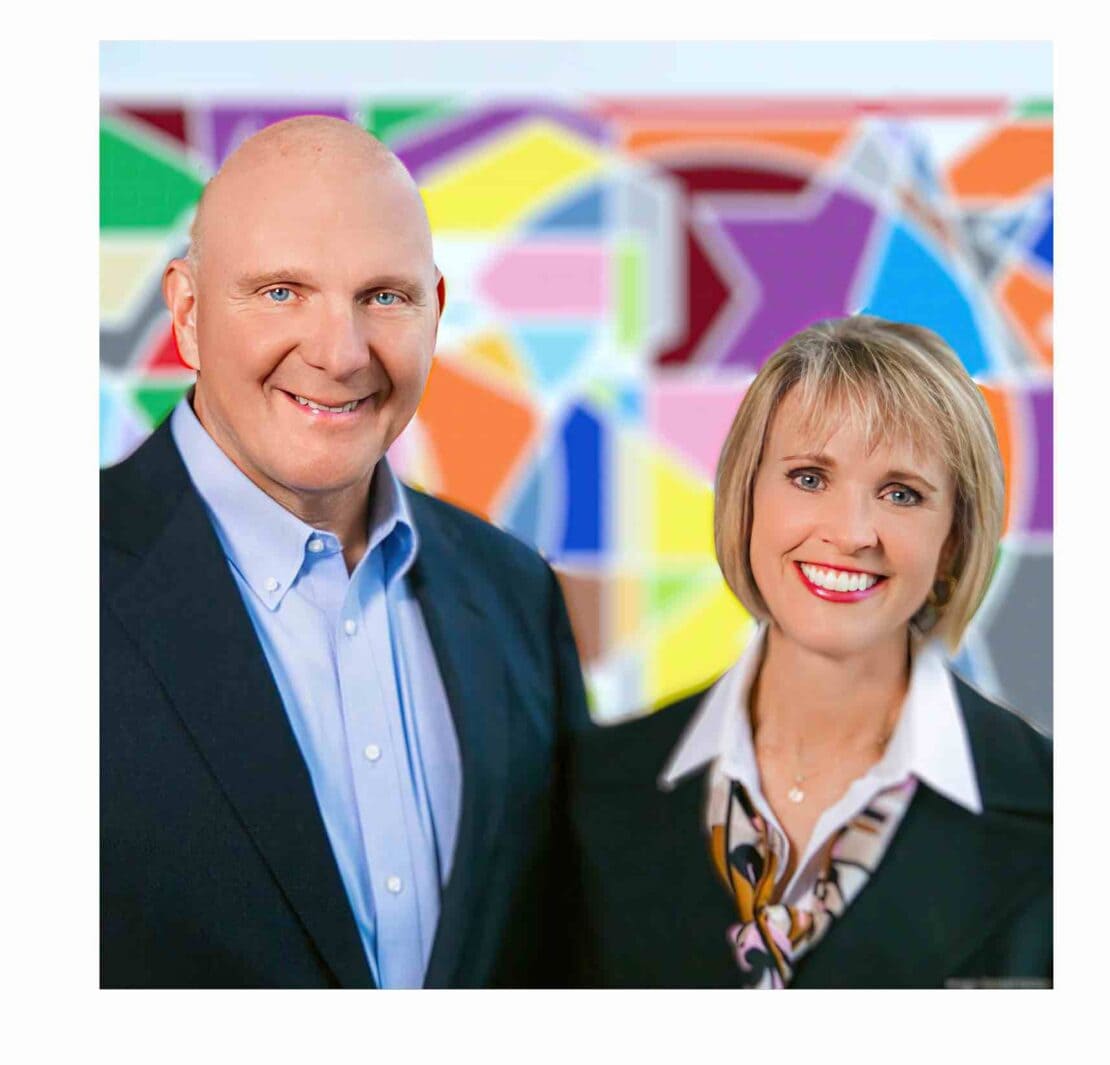Steve and Connie Ballmer’s Ballmer Group has announced it is furthering its commitment to addressing homelessness in King County through 3 new grants, awarding $3 million each to the Chief Seattle Club and the Urban League of Metropolitan Seattle and $9 million to the Downtown Emergency Service Center (DESC). Grant funding will provide flexible support to these recognized organizations in their continued work to provide housing, healthcare, and culturally relevant services to the region’s most vulnerable populations.
Andi Smith, Executive Director, Washington & National Behavioral Health at Ballmer Group, said, “These grants represent the next step in Ballmer Group’s contribution to addressing homelessness in King County. Each of these organizations is a proven expert in the field, each serving unique populations. Ballmer Group is excited to support them in providing housing and critical services to our unsheltered neighbors.”
Organizations addressing homelessness in Seattle and King County are critical in supporting some of the community’s most vulnerable individuals. Many of these groups, from health service providers to housing support agencies, deliver comprehensive and culturally responsive care, meeting people where they are and addressing their unique challenges. Supporting these organizations is essential to building a regional homelessness response system that offers immediate relief and long-term stability for those facing systemic inequities.
The Downtown Emergency Service Center (DESC). In Seattle and King County, individuals experiencing mental and physical health challenges are among the most vulnerable within the homelessness response system. DESC provides comprehensive services, including emergency housing, crisis diversion, on-site medical, street outreach, permanent supportive housing, case management, employment support, and behavioral health treatment to King County’s most vulnerable single adults through a nationally recognized interwoven network of care, housing, and support.
DESC is a national leader in the Housing First field, managing over 1400 supportive housing apartments for people at the deepest end of the acuity spectrum. Each year, they serve over 9000 unique clients and have been recognized for their excellent responsive behavioral health treatment – in their facilities, through their mobile teams, and in partnership with healthcare systems, including Harborview Medical Center.
Chief Seattle Club. American Indian and Alaska Native people are the most overrepresented group in the Seattle/King County homelessness system, comprising 5% of the homeless population despite making up less than 1% of the general population. Chief Seattle Club is the only organization in King County focused exclusively on providing homelessness and housing services for this community.
They offer holistic, culturally relevant support, resulting in some of the best outcomes for individuals transitioning out of homelessness. They have increasingly expanded their scope and services in the homeless/housing space and are currently the 4th largest and only BIPOC provider of permanent supportive housing in King County.
Urban League of Metropolitan Seattle. Black and African American individuals are the second most overrepresented group, making up 29% of the homelessness system but only 6% of the general population. Since 2018, the Urban League of Metropolitan Seattle (ULMS) has developed a comprehensive suite of housing services, including robust outreach and engagement programs for unsheltered individuals and families.
They also operate a youth shelter serving young men exiting the juvenile justice and foster care systems and safe parking programs for those living in vehicles. ULMS recently partnered with local governments to develop and manage permanent supportive housing in Seattle and Federal Way, further solidifying their role in addressing housing inequities in the region.


